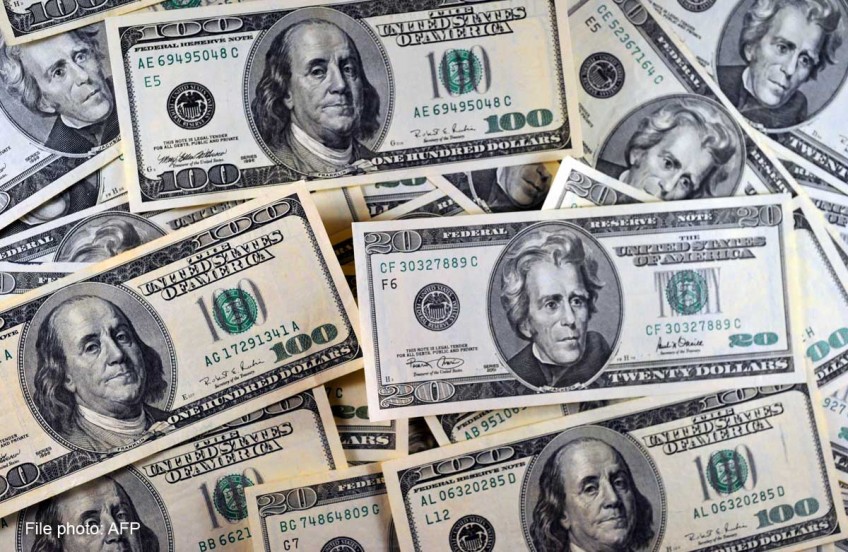'Look out for dirty money in Aussie property'

Australia has been urged to tighten oversight of the booming property sector to prevent it from being used by criminals for global money laundering.
The calls from analysts followed a report released last month by the Financial Action Task Force, the Paris-based anti-laundering agency, which assessed Australia's property sector as high risk and urged the authorities to increase oversight of real estate agents, accountants and lawyers.
The report warned that Australian property is at risk of being targeted by local and foreign organised crime syndicates making money from illicit drugs, fraud and tax evasion. It noted that Singapore is believed to be one of the main hubs for criminal funds being laundered in Australia.
"Australia is seen as an attractive destination for foreign proceeds, particularly corruption-related proceeds, flowing into real estate, from the Asia-Pacific region," the report said.
"China; Hong Kong, China; Macau, China; Singapore and the United Arab Emirates were seen as major source, destination, and/or transit jurisdictions for proceeds of crime laundered into and out of Australia. Large amounts are suspected to be laundered out of China into the Australian real estate market."
A boom in recent years saw house prices rising 7 per cent nationally last year and more than 12 per cent in Sydney. Foreign investors have poured in money, with the authorities approving A$74.6 billion (S$98.4 billion) worth of residential and commercial purchases last year, up from A$51.9 billion in 2013. According to Australia's Foreign Investment Review Board, the biggest sources of real estate investment were China (A$12.4 billion), the United States (A$6.1 billion), Singapore (A$4.3 billion) and Canada (A$2.9 billion).
But the booming sector has led to growing calls to ensure it is not used to funnel dirty money. There are about 35,000 real estate agents in Australia but they are not subjected to anti-laundering procedures, unlike sectors such as banking and gaming. These have tough obligations to check and verify the identities of customers and to instruct employees on the risk of money laundering.
The federal government said it was conducting a review to examine applying these procedures to the real estate sector.
"Australian authorities are committed to ensure that Australia is not a safe haven for the proceeds of corruption," a spokesman told The Straits Times. "The extension of anti-money-laundering/ countering-terrorism finance regulation to non-financial businesses, including the real estate sector, will be considered as part of the statutory review of Australia's regime, which is currently under way."
The attention on the Australian real estate sector has so far largely focused on corrupt Chinese officials investing in luxury houses, but the task force made it clear that the risk of laundering extends to a wide range of domestic and foreign criminals.
An expert on international corruption and money laundering, Professor Jason Sharman of Griffith University, said the country's enforcement and regulatory system relating to the property sector was "very, very weak". "Australian real estate is a great way of laundering money - a lot of criminals are doing it," he told The Straits Times.
"There is a lot of money going into the sector, so it is easy for transactions to get lost. Criminals can use lawyers and real estate trust accounts and can put layers between them and the asset."
The government should tighten its enforcement of existing laws and encourage bankers, lawyers, accountants and real estate agents to work with the authorities to prevent property-based laundering, he said. "It has not been a priority for law enforcement in Australia."
jonathanmpearlman@gmail.com

This article was first published on May 16, 2015.
Get a copy of The Straits Times or go to straitstimes.com for more stories.